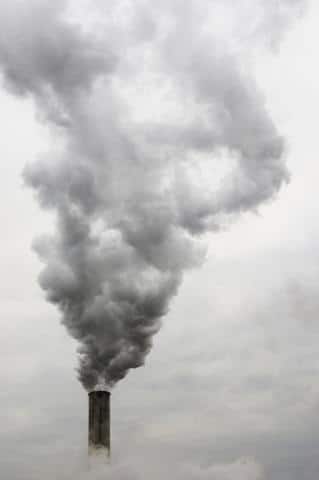A new study sponsored by energy-intensive industries claims that the Obama administration’s plan to impose a cap-and-trade system to cut U.S. greenhouse gas emissions would result in 1.9 million job losses and cost the average U.S. household $1,400 a year by 2020.
These industry estimates are wildly off the mark, of course. The Environmental Protection Agency last week concluded that the Waxman-Markey cap-and-trade legislation being debated by the House Energy and Commerce Committee would cost the average household just $98 to $140 a year through 2050.
The Coalition for Affordable American Energy, which commissioned the study, was formed in June 2008 by the U.S. Chamber of Commerce, the National Association of Manufacturers, the National Association of Wholesalers-Distributors, and 73 other industry trade associations.
The group currently claims more than 180 associations as members, including dozens of local chapters of the Associated Builders and Contractors, Inc. and such noteworthy partners as the International Association of Ice Cream Vendors and the Association for Hose and Accessories Distribution. (The group has no website of its own, all of its online communications are hosted by the U.S. Chamber of Commerce, which calls itself a “key player” in CAAE.)
The Coalition for Affordable American Energy last made headlines when the group’s leaders met with former President Bush in August 2008 to lobby for increased domestic oil and gas drilling both offshore and in environmentally sensitive areas of Alaska. “I agree with them,” Bush said at the time.
The Coalition for Affordable American Energy is now working to update the report based on the Waxman-Markey bill, which – unlike Obama’s original proposal – allows for some carbon credits to be given away for free and includes the use of carbon offsets instead of actual emissions cuts.
As The Hill points out in their coverage of these studies, it’s “important to remember what the studies don’t predict: the economic ramifications of a warming planet.”
Nobody knows for sure what the costs of rising temperatures in the next few decades will be for American businesses and households. But it’s definitely not chump change.
Subscribe to our newsletter
Stay up to date with DeSmog news and alerts







